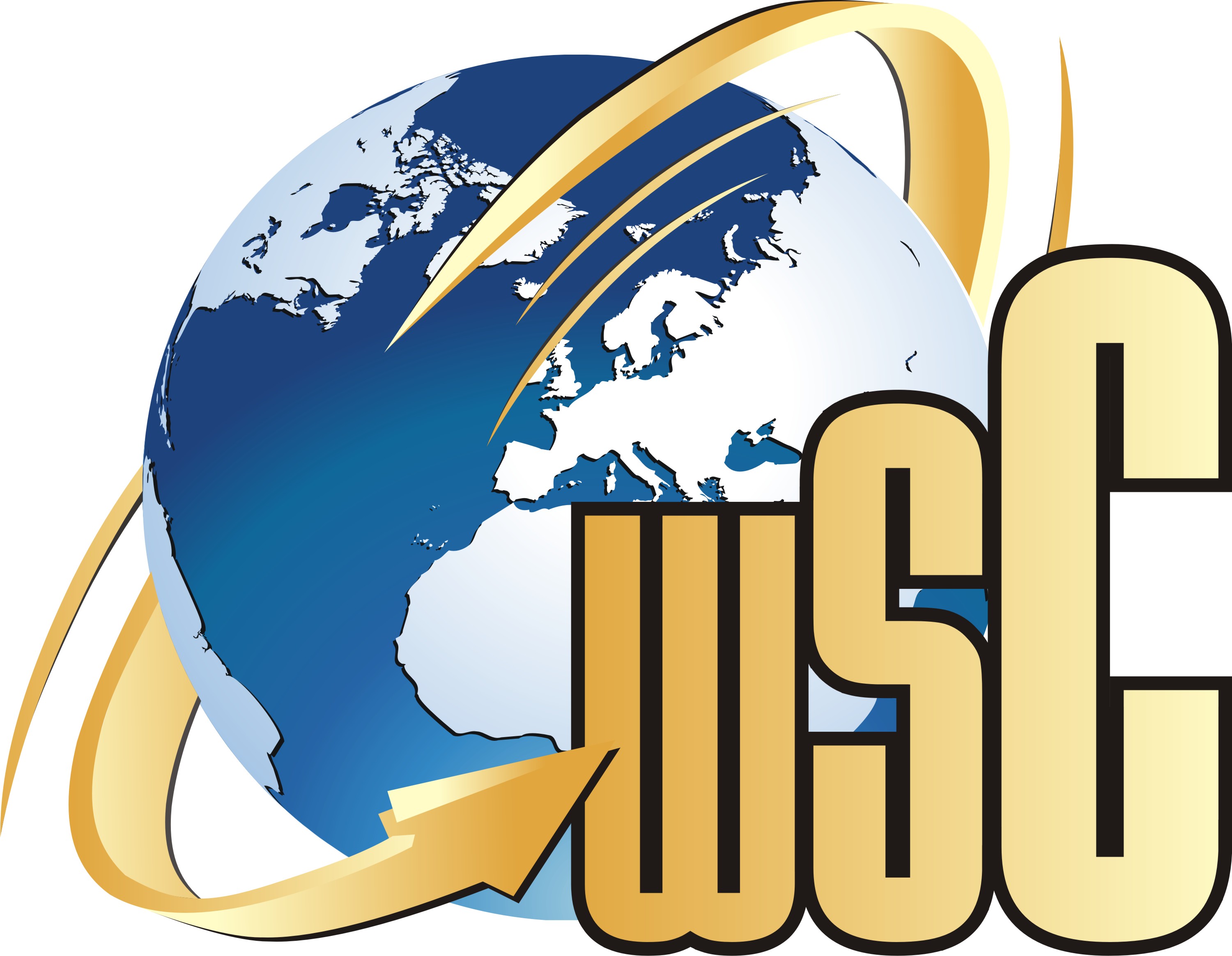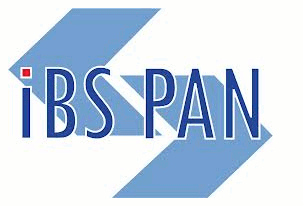10th Workshop on Scalable Computing (WSC'19)
Leipzig, Germany, 1 - 4 September, 2019
The world of large-scale computing continuously evolves. The most recent addition to the mix comes from numerous data streams that materialize from exploding number of cheap sensors installed
“everywhere”, on the one hand, and ability to capture and study events with systematically increasing granularity, on the other. To address the needs for scaling computational and storage infrastructures, concepts like: edge, fog and dew computing emerged.
Novel issues in involved in “pushing computing away from the center” did not replace open questions that existed in the context of grid and cloud computing. Rather, they added new dimensions of complexity and resulted in the need of addressing scalability across more and more complex ecosystems consisting of individual sensors and micro-computers (e.g. Raspberry PI based
systems) as well as supercomputers available within the Cloud (e.g. Cray computers facilitated within the MS Azure Cloud).
Addressing research questions that arise in individual “parts” as well as across the ecosystem viewed from a holistic perspective, with scalability as the main focus is the goal of the Workshop on Scalable Computing. In this context, the following topics are of special interest (however, this list is not exhaustive).
Topics
Covered topics include (but are not limited to):
-
General issues in scalable computing
- Algorithms and programming models for large-scale applications, simulations and systems
- Large-scale symbolic, numeric, data-intensive, graph-oriented, distributed computations
- Fault-tolerant and consensus techniques for large-scale computing
- Resilient large-scale computing
- Data models for large-scale applications, simulations and systems
- Large-scale distributed databases
- Load-balancing / intelligent resource management in large-scale applications, simulations and systems
- Performance analysis, evaluation, optimization and prediction
- Scientific workflow scheduling
- Data visualization
- On-demand computing
- Virtualization supporting computations
- Volunteer computing
- Scaling applications from small-scale to exa-scale (and back)
- Big data real-time computing / analytics
- Economic, business and ROI models for large-scale applications
-
Emerging technologies for scalable computing
- Cloud / Fog / Dew computing architectures, models, algorithms and applications
- High performance computing in Cloud / Fog / Dew
- Green computing in Cloud / Fog / Dew
- Performance, capacity management and monitoring of Cloud / Fog / Dew configuration
- Cloud / Fog / Dew application scalability and availability
- Big Data cloud services
- Architectures for large-scale computations (GPUs, accelerators, quantum systems, federated systems, etc.)
- Self* and autonomous computational / storage systems
Paper submission
- Authors should submit draft papers (as Postscript, PDF or MSWord file).
- The total length of a paper should not exceed 10 pages IEEE style (including tables, figures and references). IEEE style templates are available here.
- Papers will be refereed and accepted on the basis of their scientific merit and relevance to the workshop.
- Preprints containing accepted papers will be published on a USB memory stick provided to the FedCSIS participants.
- Only papers presented at the conference will be published in Conference Proceedings and submitted for inclusion in the IEEE Xplore® database.
- Conference proceedings will be published in a volume with ISBN, ISSN and DOI numbers and posted at the conference WWW site.
- Conference proceedings will be indexed in BazEkon and submitted for indexation in: Thomson Reuters - Conference Proceedings Citation Index, SciVerse Scopus, Inspec, Index Copernicus, DBLP Computer Science Bibliography and Google Scholar
-
Extended versions of selected papers presented during the conference will be published as Special Issue(s) of:
- Scalable Computing; Practice and Experience journal
- Journal of Network and Computer Applications (Elsevier, IF = 2.229)
- other journal(s) to be announced later.
- Organizers reserve right to move accepted papers between FedCSIS events.








